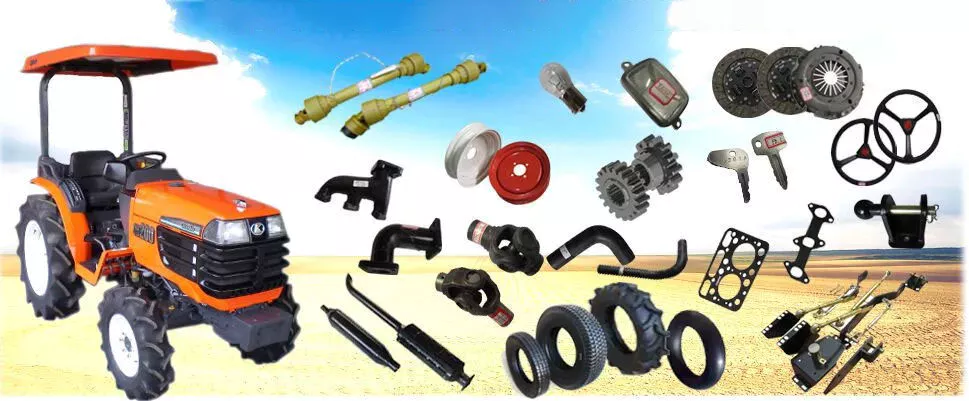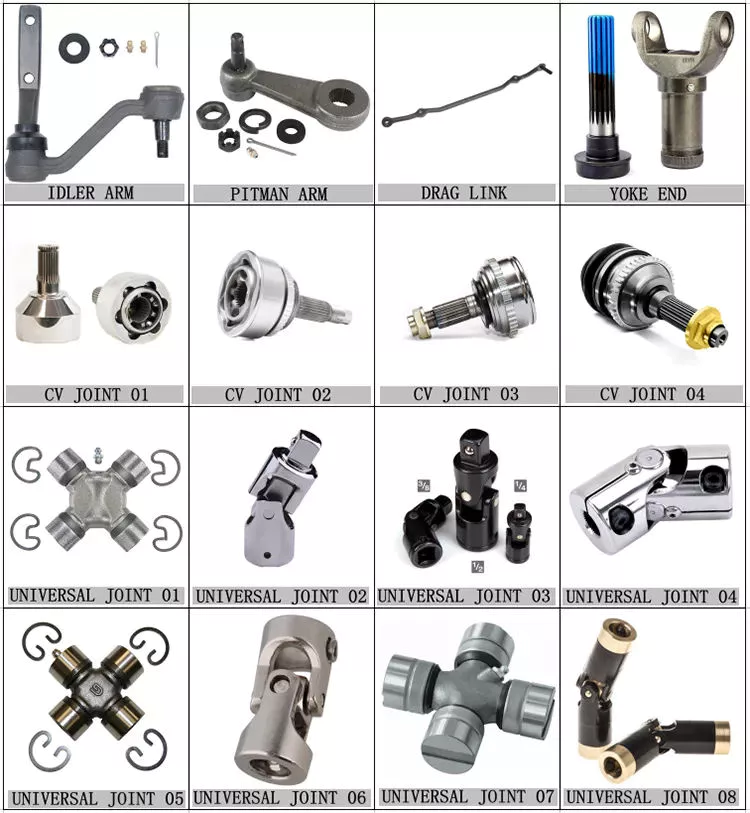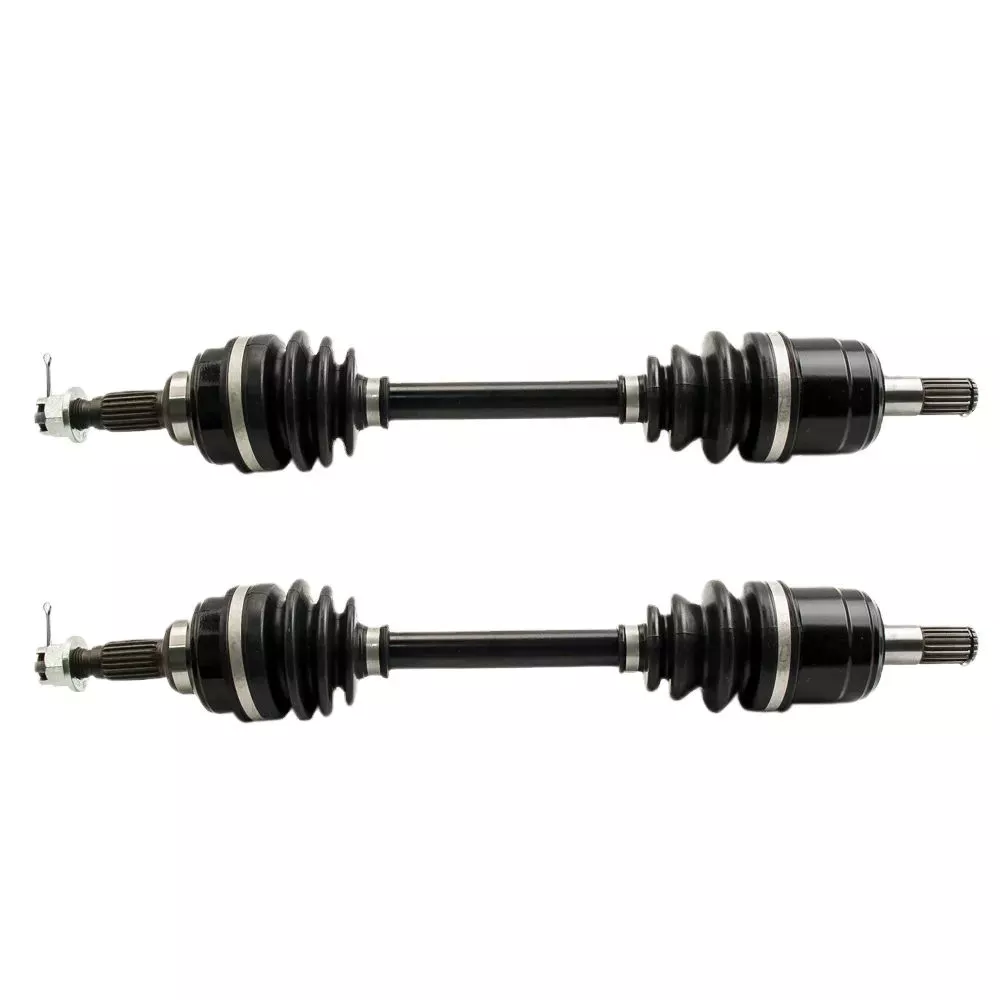Product Description
SPECIFICATION
Center Lap Seal Pouch / Bag Making Machine Serious
| Equipment | Center Lap Seal 350 | Center Lap Seal 450 | Center Lap Seal 600 |
| Model | HD-350BTZ | HD-450BTZ | HD-600BTZ |
| Max. Unwinding Width(mm) | 850 | 1050 | 1200 |
| Max. Pouch Width(mm) | 350 | 450 | 600 |
| Min. Pouch Height(mm) | 50 | ||
| Max. Gusset Depth(mm) | 60 | ||
| Max. Feeding Speed(m/min) | 45 | ||
| Pouch Making Speed(pcs/min) | 120-200 Depends on specific condition of machine operating and material | ||
Center Lap & Fin Pouch / Bag Making Machine Serious
| Equipment | Center Lap & Fin Seal 350 |
Center Lap & Fin Seal 450 |
Center Lap & Fin Seal 600 |
| Model | HD-350BTQZ | HD-450BTQZ | HD-600BTQZ |
| Max. Unwinding Width(mm) | 850 | 1050 | 1200 |
| Max. Pouch Width(mm) | 350 | 450 | 600 |
| Min. Pouch Height(mm) | 50 | ||
| Max. Gusset Depth(mm) | 60 | ||
| Max. Feeding Speed(m/min) | 45 | ||
| Pouch Making Speed(pcs/min) | 120-200 Depends on specific condition of machine operating and material | ||
Center Seal Stand-Up Pouch / Bag Machine Serious
| Equipment | Center Lap & Fin Seal 450 | Center Seal & Stand-up 600 | |
| Model | HD-450BTZMML | HD-600BTZMML | |
| Max. Unwinding Width(mm) | 1050 | 1200 | |
| Max. Pouch Width(mm) | 450 | 600 | |
| Min. Pouch Height(mm) | 30 | ||
| Max. Gusset Depth(mm) | 60 | ||
| Max. Feeding Speed(m/min) | 45 | ||
| Pouch Making Speed(pcs/min) | 100-180 Depends on specific condition of machine operating and material | ||
3-Side Seal Pouch / Bag Making Machine Serious
| Equipment | 3-Side Seal 600 | ||
| Model | HD-600BU | ||
| Max. Unwinding Width(mm) | 1200 | ||
| Max. Pouch Width(mm) | 600 | ||
| Min. Pouch Height(mm) | 30 | ||
| Max. Feeding Speed(m/min) | 45 | ||
| Pouch Making Speed(pcs/min) | 200 Depends on specific condition of machine operating and material | ||
3-Side Seal & Stand-Up Pouch / Bag Making Machine Serious
| Equipment | 3-Side Seal & Stand-Up 600 | ||
| Model | HD-600BUML | ||
| Max. Unwinding Width(mm) | 1200 | ||
| Max. Pouch Width(mm) | 600 | ||
| Min. Pouch Height(mm) | 50 | ||
| Max. Feeding Speed(m/min) | 45 | ||
| Pouch Making Speed(pcs/min) | 100-180 Depends on specific condition of machine operating and material | ||
3-Side Seal & Stand-Up Plus Pouch / Bag Making Machine Serious
| Equipment | 3-Side Seal & Stand-Up Plus 600 | ||
| Model | HD-600BULL | ||
| Max. Unwinding Width(mm) | 1200 | ||
| Max. Pouch Width(mm) | 600 | ||
| Min. Pouch Height(mm) | 50 | ||
| Max. Feeding Speed(m/min) | 45 | ||
| Pouch Making Speed(pcs/min) | 100-180 Depends on specific condition of machine operating and material | ||
3-Side Seal & Stand-Up Ultra Pouch / Bag Making Machine Serious
| Equipment | 3-Side Seal & Stand-Up Ultra 850 |
3-Side Seal & Stand-Up Ultra 1100 |
3-Side Seal & Stand-Up Ultra 1250 |
| Model | HD-850BU | HD-1100BU | HD-1250BU |
| Max. Unwinding Width(mm) | 1500 Single Unwiding | 1100 Double Unwiding | 1250 Double Unwiding |
| Max. Pouch Width(mm) | 850 | 1100 | 1250 |
| Min. Pouch Height(mm) | 50 | ||
| Max. Feeding Speed(m/min) | 45 | ||
| Pouch Making Speed(pcs/min) | 120-180 Depends on specific condition of machine operating and material | ||
Flat Bottom Pouch / Bag Making Machine Serious
| Equipment | Flat Bottom 600 | ||
| Model | HD-600BF | ||
| Max. Unwinding Width(mm) | 1200 | ||
| Max. Feeding Speed(m/min) | 45 | ||
| Pouch Making Speed(pcs/min) | 90-110 Depends on specific condition of machine operating and material | ||
As a technology-based company with independent R&D and manufacturing capabilities, Tie Min’s founding team already has extensive experience in the flexible packaging industry more earlier before its establishement in 2001, which makes Tie Min can design and produce the bag / pouch machine from the perspective of customers – we came from the customers, and we are going back to the customers, we know flexible packaging industry better, so can make pouch / bag making machine right.After more than 20 years of continuous development in the industry, Tie Min has accumulated a wealth of experience in designing, technical and economic evaluation, manufacturing, installation, commissioning, staff training, and after-sales service, and have been striving to create lasting relationships with customers all over the world, guarantee that they can count on us for CZPT pricing and quality with zero hassle, which is based on a complete set of production and testing equipment, a perfect managment of supply chain, as well as a group of highly qualified professional technicians of designing, construction, and manufacturing.
Tie Min Machine is dedicated to helping customers get the most right solutions of flexible packaging.
Let us know what we can do for your business by leaving us a message. We’re here to make sure you don’t have to worry about anything.
Features: · PLC Controlled Pneumatic Locking Unwinding System integrated with extra EPC to achieve more precise control and more stable feeding – Pouch Making Speed and Yield Rate Guaranteed · Multiple Photoelectric Sensors and Mechanical Limits are applied to the material with and without printing to achieve production with different materials in just 1 machine – Early Investment Minimized · CRT Touch Screen with Remote Diagnostic and Restoration Function, plus a full set of manual CZPT and mature after-sales service -Convenience of machine operation guaranteed · Multiple auto-running functions available, such as Auto counting, Hole Punching/ Length Measuring / Sealing Speed Setting, making it possible for multiple machines controlled by just 1 man – Labour Cost Minimized · Mature Warning and Auto Stop System avoid loss caused by Temperature Lossing, Abnormal Unwinding and Feeding, Photoelectric Sensor and Servo Motor Going Down, etc. to Minimize Material Waste – Production costs Minimized FAQ Q:Are you factory or trading company? A:We are an original FACTORY specializing in designing, manufacturing, and customizing pouch bag making machines for over 20 years, we sincerely and warmly welcome all kinds of clients including the end customers, dealers, and sole agencies discuss with us about all forms of cooperation. Q:Where is your factory located? A:We are located in HangZhou City, 2 hours from ZheJiang by train or car, and 3 hours from HangZhou by air. Q: What kind of pouch bags can your machine make? A:The regular machine types we are selling can produce varieties of laminated pouches/bags, including but not limited to the following bag types: 2-Side seal pouch bag, 3-Side seal pouch bag, 4-Side seal pouch bag; Lap seal pouch bag, Fin seal pouch bag; Side gusset pouch bag, Bottom gusset pouch bag; Center seal pouch bag, Side seal pouch bag, Bottom seal pouch bag; Flat bottom pouch bag / Plough bottom pouch bag; K Seal pouch bag / Skirt seal pouch bag; Round bottom pouch bag / Doyen bag / Doypack; Corner bottom pouch bag / Plow bottom pouch bag/ Folded bottom pouch bag. We will be very glad to discuss with our clients if they have any special demand for packing solutions, providing them with varieties of customization. Q: What kinds of pouch bag material are available for your machine? A: Our machines can produce laminated pouch bags made with varieties of material, including Aluminum and Plastic like PET, BOPET, OPP, BOPP, LDPE, HDPE, PA, and so on, any special demands of material will be welcome to be discussed with us, we will be glad to help our customers to get the right packing solutions. Q:What’s your after-sale service policy? A:6 months warranty for electronic components + 12 months warranty for mechanical parts. On-site installation and adjustment or remote guidance via the internet Employee technical training Repair and Technical Support Q: What certification do you have? A: With the cooperation of a responsible production management team and an experienced technical team, we have obtained ISO9001 certification from UKAS and CE certification from SGS, and have independently developed more than 30 patents in the past 20 years.
Axle Spindle Types and Installation
Are you looking for a new axle spindle for your vehicle? If so, you’ve come to the right place. Learn more about their types, functions, and installation. After reading this article, you’ll be well on your way to finding your new axle spindle. Axle spindles are essential to your vehicle. There are several types and each has unique characteristics. Here’s how to choose the best 1 for your car.
Dimensions
Axle spindle dimensions are crucial for safe wheel support. This component experiences significant stress and load during bearing mounting and must provide sufficient strength. The axle spindle can be hot-forged or shaped to include an integral shoulder. The shape of the bearing stop region must be abruptly transitioned from a straight to a curved configuration. Dimensions of axle spindle vary with different materials, manufacturing techniques, and applications.
The bearing surfaces of the axle spindle are 1.376 inches across, while the bearing spacer is 1.061 inch across. The axle spindle is 1.376 inches long and includes a cotter pin and nut. Typical axle spindle dimensions are listed below. Some axles may have additional components to reduce their weight, while others may not have any. The number of axles and bearings is also important to consider when determining the dimensions of the axle.
The outside shape of the axle spindle 40 is similar to that of the prior art spindle 10. The outer wheel bearing region 44 is cylindrical with a diameter D 1 and an inner wheel bearing region 46. An axially-separating transition region 48 separates the inner bearing region 46 from the outer wheel bearing region 44. It is important to note that the internal diameter is generally slightly larger than the outer wheel bearing region 46.
Axle spindles can be integrally formed or welded to the housing or central beam. They can also be designed differently depending on the intended function. For example, the trailer axle spindle may have a circular or rectangular cross section. Once again, axle spindles are important for safety and longevity, so it is important to know their dimensions. You can also check online for the dimensions of axle spindles.
Function
Axle spindles are crucial components of a vehicle’s suspension system. They enable a vehicle to move forward, turn, brake, and accelerate. The axle also supports the wheel bearings. In addition to supporting the wheel hub, the axle spindle connects the arms of each wheel to the chassis. This piece is also known as a steering knuckle. The axle spindle’s job is to provide sufficient strength to support the axle.
The functional elements of an axle spindle are cylindrical and have a transition region and an outer surface with an irregular pattern. They have a first and a second diameter, and are shaped to form the spindle’s beam portion and spindle region. The transition region forms a pivotal connection between the axle and the suspension. It also provides the connection between the axle and the trailer. It allows a vehicle to rotate without causing excessive vibrations.
Axle spindles can be circular in structure and are similar to those of the prior art. They support wheel hub configurations. The first end of a spindle is threaded, while the second end is open. The outer wheel bearing region has an outer surface with a diameter D1, while the inner wheel bearing region 46 has a cylindrical outer surface with a diameter D2. The transition region separates the spindle from the rest of the axle.
The spindle nut retains the wheel hub on the spindle, whereas the spindle nut holds the hub assembly in place. A spindle nut retains the wheel on the spindle. A hub cap protects the locking nut assembly and lubrication area. A hub cap is also a common component of the axle. The hub cap also provides a protective shield for the spindle nut.
Steering axle spindles do not extend to the right of the oil seal. They extend from the steering kunckle, which is pivotally joined to the steering axle beam. Despite the differences in bearing seals, wheel hub mounting means, and brake assemblies, the basic spindle configuration is the same. A spindle consists of 2 axially separated bearing regions, 1 with a larger diameter than the other, with a bearing stop adjacent to the inner bearing region.
Types
The axle is the basic unit of an automobile, and it includes several components. Among these are bearings, axle housings, and wheel hubs. Bearings and axle housings take on all of the radial loads placed on them during operation. As a result, they are necessary to ensure that a vehicle is able to function at its optimum level. But if you’re not sure what these components are, they can make all the difference in your ride.
Axle type depends on a number of factors, including the amount of force produced. In some cases, the vehicle already has pre-designed axles that come in standard formats, but in other cases, a customer can order a custom-made axle for the specific needs of his vehicle. Customized axles give the vehicle operator greater control over the speed and torque of the wheels. To choose the correct axle type for your vehicle, it’s helpful to know the measurements of the axle.
Axle gear sets and lubrication passages are also different. Reverse-cut gears can’t be used in place of standard cut gears, and vice-versa. The 2 types of axle are compatible, but the spline count of the differential case must match that of the axle. It’s important to remember that a different type of axle may work with a different type of machine tool.
Different axle spindle materials have their own advantages and disadvantages. Some are more durable than others, depending on their load capacity. Disc brake hubs and axle spindles are similar to the non-braking ones, but include a rotor and a caliper yoke. The yoke design on the rotor or caliper spindle is specific for each rotor.
Bearing-type axles are the most durable. They transfer the weight of the vehicle to the axle casing. The axle housing is retained by a flange bolted to the hub, and the axle bearings are secured on the spindle by a large nut. Alternatively, axles with bearings are supported solely on the axle spindle and don’t require a hub. Floating axles are typically better for long-term operation, but may be a limited choice for vehicles.
Installation
Axle spindle installation involves tightening the axle spindle nut to retain the spacer and bearing cones in position. When properly tightened, the axle spindle nut provides the clamp force required to compress the bearing spacer and bearing cone. Preloading is an important part of axle spindle installation because it optimizes bearing life by limiting the tolerance range of end play. Here are some tips on axle spindle installation.
To start the process, you should remove the axle spindle from the vehicle. If the old spindle is not a bolt-on type, a technician will need to cut the weld that holds the axle spindle in place. Then, he or she would need to thread the new spindle back into place. The axle tube must be threaded to accept the new spindle. Once the axle spindle is properly installed, the technician will need to tighten it to the specified torque.
Once the axle spindle is installed, the technician will continue tightening the nut assembly. To ensure a tight grip, the technician will rotate the outer washer while adjusting the torque level on the axle spindle nut. If the nut is not correctly torqued, it may loosen the axle spindle. In addition, improper torque can cause excessive inboard pressure on the outer nut, which can result in over or under-compression of the bearing cone.
The second axle spindle includes an inboard bearing 54 and an outboard bearing 56. The inboard bearing has an inboard surface that abuts the shoulder 26 of the axle spindle. The outboard bearing 57 is mounted on the axle spindle near its outboard end. A bearing spacer 58 is positioned between the inboard and outboard bearings. The spacer and bearing cone group comprises the bearing cones 54 and 56.
Proper alignment of the new spindle is essential for a secure fit. Taking your trailer to a licensed repair facility for a trailer spindle installation is a good idea, as a poorly installed axle can result in improper wheel tracking and premature tire wear. A licensed trailer repair facility can do this for you without much difficulty. This way, you won’t waste your time or frustration on a DIY trailer axle replacement.




